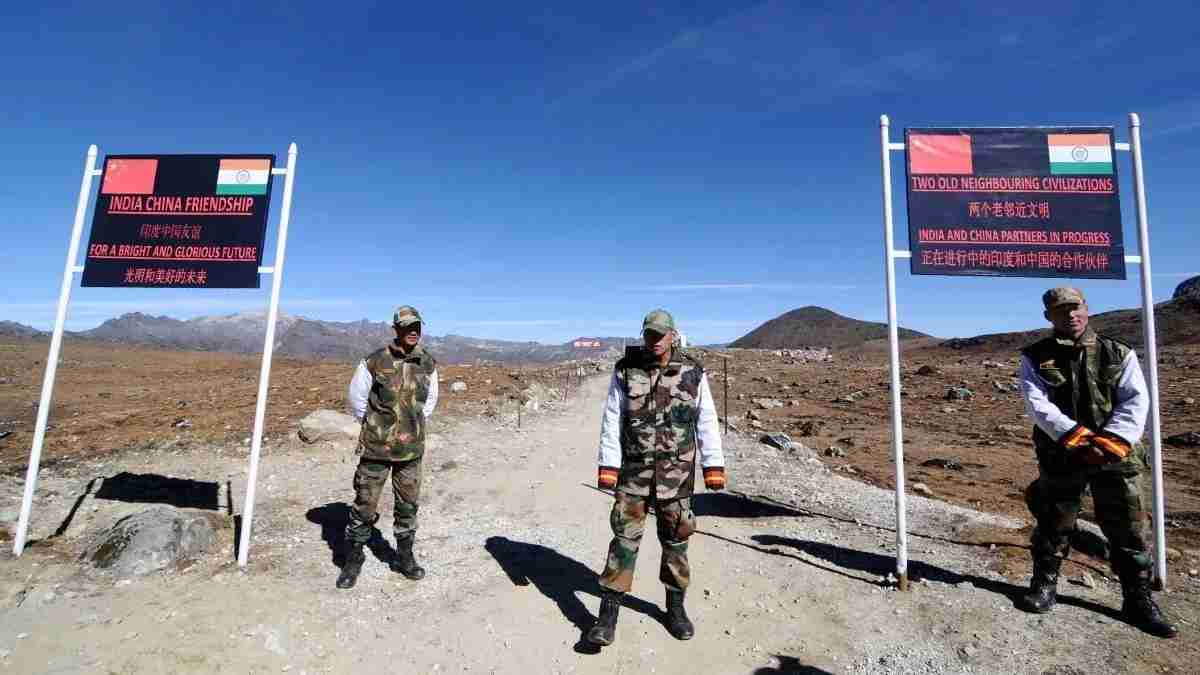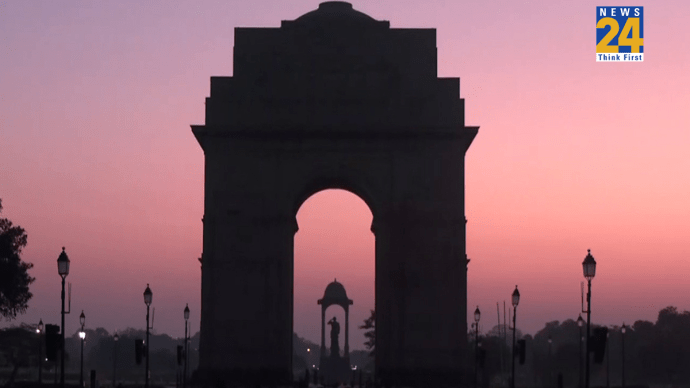In a significant development, the Indian government announced on Monday that India and China have reached an agreement to resume patrolling along the Line of Actual Control (LAC) in eastern Ladakh, which will lead to disengagement. This announcement comes just before Prime Minister Narendra Modi’s visit to Russia for the 16th BRICS Summit.
Breaking: India, China have arrived on agreement on patrolling at LAC which has led to disengagement, says Indian Foreign Secretary Vikram Misri pic.twitter.com/n9o37RvS77
---Advertisement---— Sidhant Sibal (@sidhant) October 21, 2024
Details of the Agreement
Foreign Secretary Vikram Misri stated, “Following discussions over the past few weeks, we have come to an agreement regarding the patrolling arrangements along the LAC in the India-China border area. This agreement is aimed at facilitating disengagement and ultimately resolving the issues that arose in these areas in 2020.” Key friction points identified for the resumption of patrolling include the Depsang Plains and Demchok.
Potential Bilateral Meetings at the BRICS Summit
When questioned about the possibility of a bilateral meeting with Chinese President Xi Jinping during the BRICS Summit, the official responded that diplomatic and military discussions between India and China have been ongoing in recent weeks. He noted, “We are still coordinating the timing and details for any bilateral engagements.”
Background on the LAC Tensions
The situation along the LAC has remained strained since the violent clash between Indian and Chinese soldiers in the Galwan Valley in June 2020. This confrontation, which occurred on June 15, 2020, was a physical altercation that did not involve firearms, resulting in the deaths of 20 Indian soldiers, including a Colonel. While China officially acknowledged only four casualties, it is believed that as many as 40 personnel from the People’s Liberation Army (PLA) also lost their lives during the clash.
Impact of the Galwan Clash
The Galwan incident was the deadliest encounter since the 1962 Sino-Indian War and significantly deteriorated the relationship between China and India. This clash has led to profound changes in the geopolitical and strategic calculations of both nations, with lasting implications for bilateral relations, regional stability, and global geopolitics.
Also Read: ‘Urban Naxal’ To ‘Mountain Man’: Meet Chhattisgarh’s Rahul Gupta, Who Conquered Mt Everest













